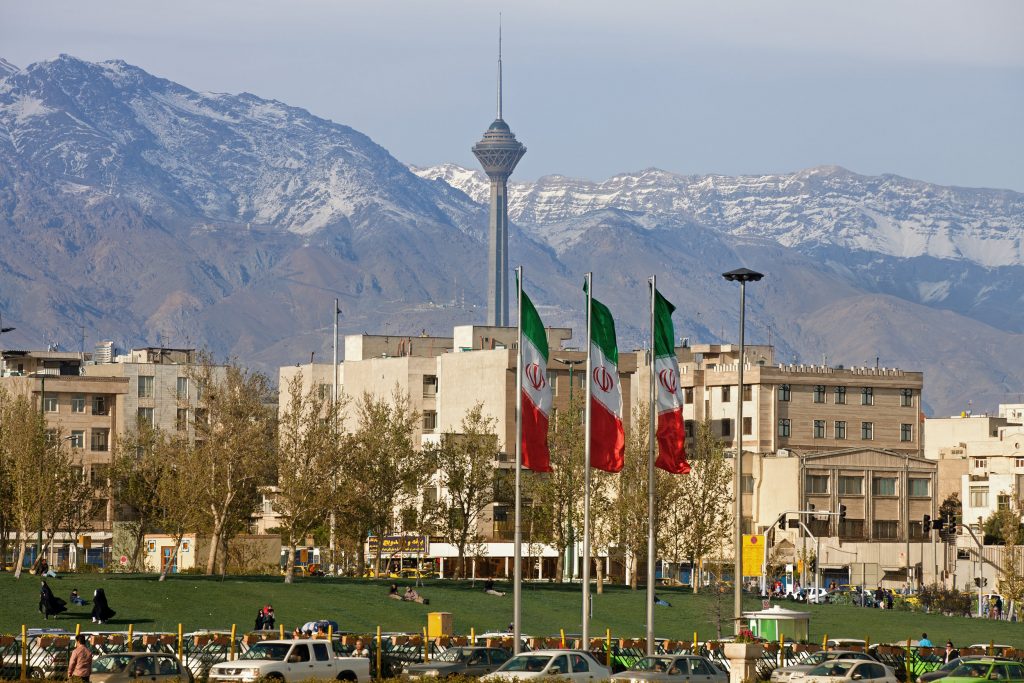Sophia Soltani, editor of Hotel News ME, looks at the supply chain needs of Irans new generation of hotel operators
When news broke that sanctions in Iran were slowly being lifted in July 2015 after a historic deal between the U.S and Iran agreeing to halt the Islamic Republics nuclear programme, it was no surprise that foreign investors, hoteliers and trade companies were eager to secure their slice of the pie.
International hotel operators including Accor, and Rotana were two of the first to set the pace in this modern-day gold rush to open hotels in the country. But after 36 years of essentially being closed for business, how will the country deal with the supply chain needs of all of these new hotel operators?
Trade with Iran has faced a number of peaks and dips over the years.
Major US exports to Iran have recently included wheat, rice, soybeans, corn, dairy, pulpwood, plastics, medical equipment and pharmaceuticals. Iran is the regions second-largest grain importer after Saudi Arabia.
American products exported to Iran in 2014 totaled a staggering $182.1 million with figures reported from the BBC including butter at $35,535,582 export revenue, seeds, fruits, and spores at $19,992,618, toiletries and cosmetics worth $802,000 and lamps, lighting fittings, and parts worth $34,673.
Irans consumer culture has long been heavily influenced by western trends, with western-style grocery stores and shopping malls gaining recognition over the past decade. American and European luxury brands are popular with the elite in major cities, especially Tehran, because of their reputation for quality. Iconic beverage brands such as Coca-Cola and Pepsi have prospered in Iran for years at the expense of local rival Zamzam Cola and the presence of bootleg versions of American F&B outlets, plus coffee shops, from Mash Donalds to Pizza Hat suggests opportunities for US franchises to expand and thrive, leaving no doubt in my mind the same for the hospitality sector there.
So with those figures on the table, the hospitality sector in any country is dependent on two main factors: Supply and demand; the demand of the hospitality sector leads to the supply of things required for provisions of services including labour, food and beverages, materials and equipment.
But, the lifting of sanctions in Iran will boost trade and commerce for the entire region. Having such a large population, significant natural resources and an educated population, the country offers attractive high yield investment opportunities for hoteliers and investors alike across the entire Middle East and the western world.
Additionally, Irans fast growing consumer market will bring around incredible supply chain opportunities for the logistics sector once the country homes in on a new era of normalisation and reintegrates itself within the international trading world.
As a whole, open borders and new levels of transparency between the US and Iran will improve commercial ties considering a consumer base of almost 80 million who have an interest in seeking out foreign goods and services such as hotel experiences will most definitely fuel business activities within the region.




